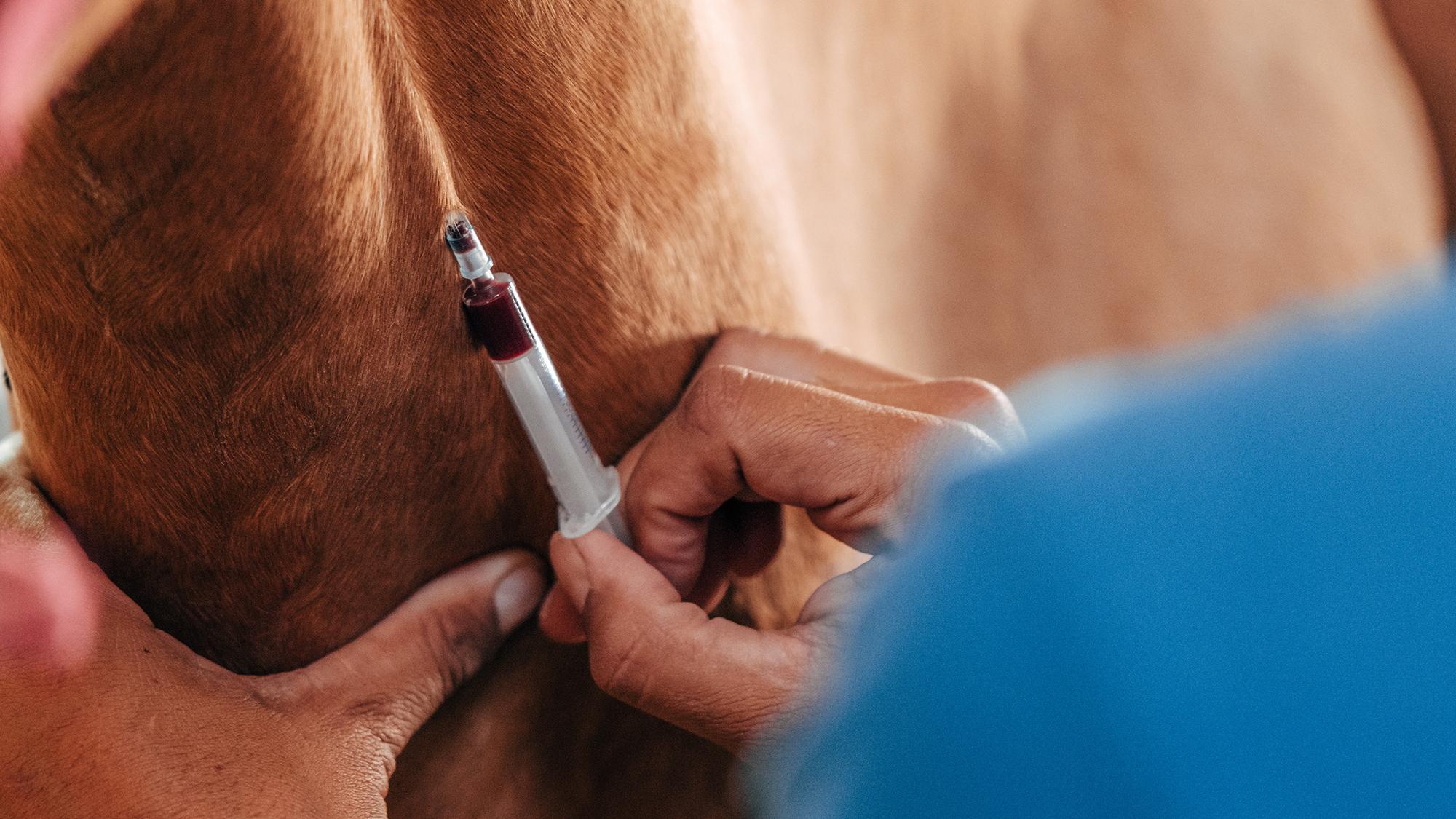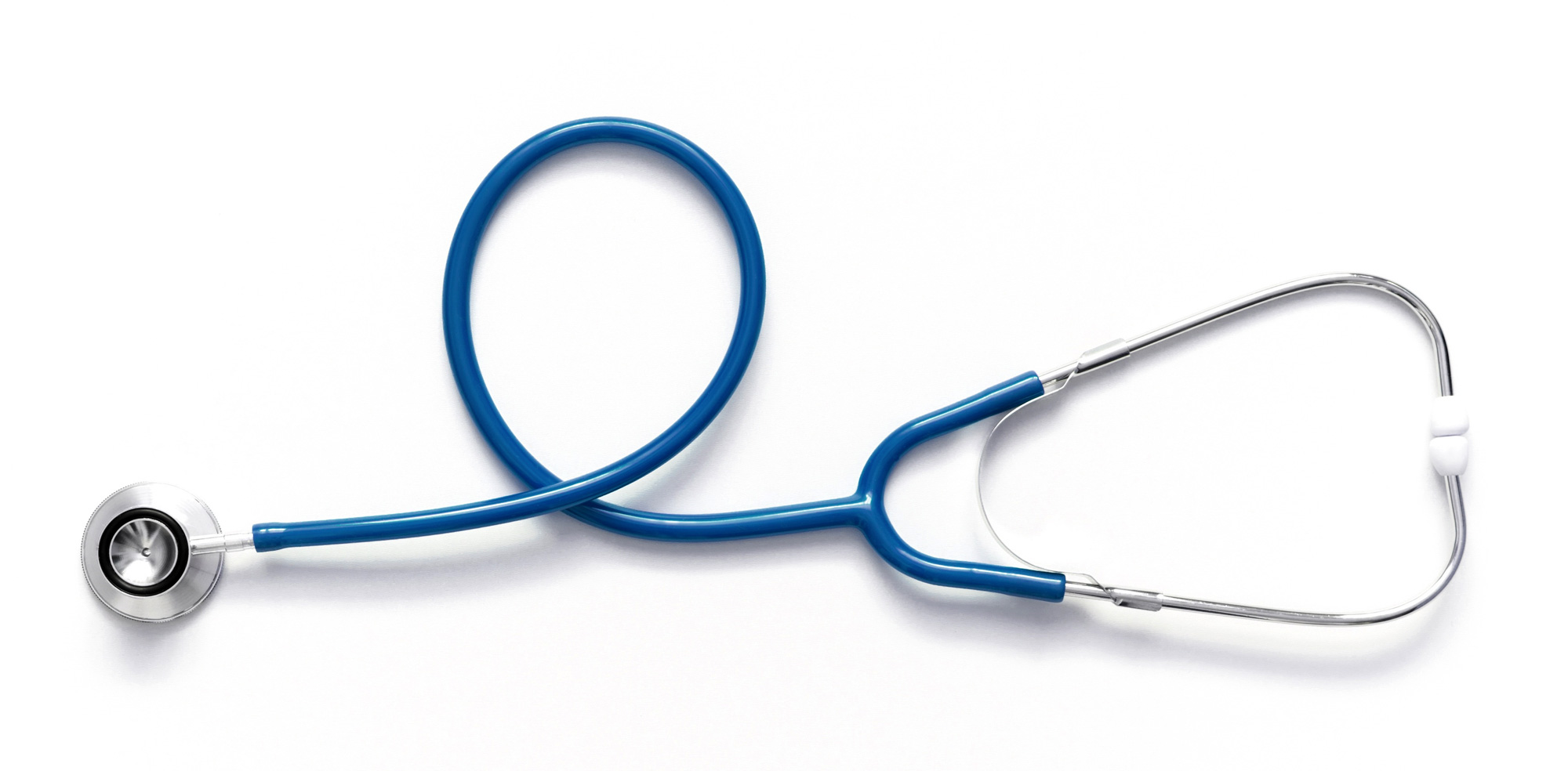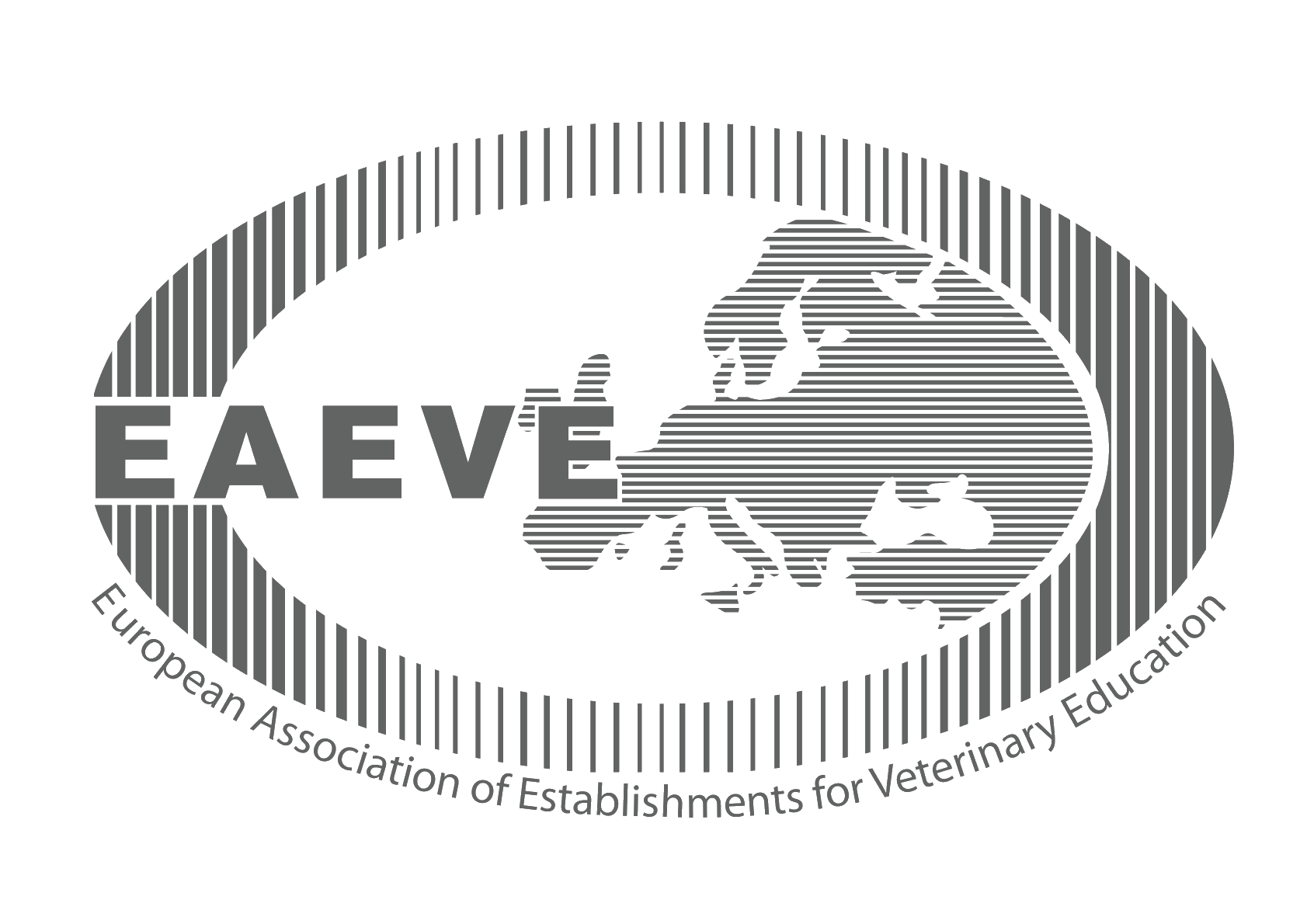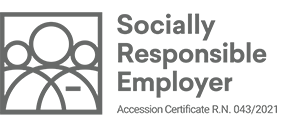The study of veterinary medicine should be chosen primarily by those who care about animals and cultivate a humane attitude towards them, while at the same time are aware of the role of the veterinary profession in preventing the spread of infectious diseases and transmission from animals to humans.

Why to Become a Veterinarian?
Why veterinarians are vital?
Every animal deserves a good life.
Veterinarians are there to take care of Europe’s 157 million pets and 360 million farm animals – not to mention zoo and wild animals, aquaculture and bees – when they are sick, in pain, or need treatment, preventing the spread of disease.
Veterinarians’ work goes much further than just looking after animals. It’s crucial for people’s health too.
Did you know that fatal diseases like Salmonella, E. Coli and Campylobacter commonly come from animals? Indeed, three-quarters of newly-discovered human diseases and 61%* of all human infectious diseases come from contact with animals. Veterinarians test and monitor animals for diseases like these, reducing transfer to humans and lowering the risk of them entering the food chain.
Trillions of Euros.
That’s what the work of veterinarians contributes every year to the European economy. They certify meat, dairy and fish products so the continent’s 14 million farmers can sell them within Europe and to other countries, strengthening national and international economies.
Farm animals can be contributors to climate change – but veterinarians guide farmers to minimise the damage.
They support farmers to use animal medicines and chemicals responsibly and treat waste so it doesn’t harm the environment.
Outbreaks of diseases like Foot and Mouth, Salmonella and BSE can cost billions and devastate the farming industry, not to mention killing thousands of animals and harming people too.
Veterinarians work day in, day out on farms and in slaughterhouses to detect these diseases and stop them in their tracks.
Who should decide to study veterinary medicine?
According to the EU directive, a veterinarian must be qualified to perform all veterinary activities.
This means that during the period of study, students must be acquainted with all the theoretical bases and practical procedures that provide them with this knowledge. Veterinarians must therefore be prepared for all methods of work, from the treatment of small and large animals to the sanitary inspection of meat and food in food industry establishments.
Therefore, the study of veterinary medicine should be chosen primarily by those who care about for animals and cultivate a humane attitude towards them, while at the same time are aware of the role of the veterinary profession in preventing the spread of infectious diseases and animal-to-human transmission. Therefore, they must be aware that animal health is also important for human health and that the profession for which they are training ranges from animal treatment to the protection of human health, and from the care of food safety to protection of the environment.
Prior to deciding to study veterinary medicine, future veterinarians must know themselves and be firmly convinced that their decision for the chosen profession is correct.
Those undertaking the study of veterinary medicine must:
- not be afraid of blood
- overcome any dislike of bodily excretions, operations, examinations of injuries, dead animals or dismembered parts of the body in meat-processing plants
- not be afraid of animals, but must be aware that some sick or injured animals that they will have to examine and treat can also be dangerous
- be aware that in their future profession they will carry great professional, material, ethical and moral responsibilities for their work
Future veterinarians must be precise, have a sense of responsibility, punctuality, order and discipline, and the ability to act independently in emergencies and new situations. Those who would like to work in the field must be medically fit and committed to gaining field experience. They must also be sufficiently communicative, independent and psychologically strong, but flexible when working with people. A sense for, and ability to, research are also important. In the future profession, criticism of one's own work, observance of legal bases and ethical principles in the field of veterinary medicine will be required.

About the veterinary profession
The tasks, responsibilities and competencies of the veterinary profession vary from country to country. In national programmes, however, the veterinary profession is always involved in five main areas:
- the State Veterinary Administration for Disease Control, Animal Production and Veterinary Public Health
- environmental protection and animal protection
- clinical animal healthcare
- production and marketing of pharmaceutical and biological preparations, animal husbandry, food production and waste processing (industry)
- education, research, and more
The purposes of the veterinary profession referred to in Article 2 of the Slovenian Veterinary Act are:
- protecting and improving animal health
- protection of animal health from infectious and other diseases
- identification and diagnosis of diseases and treatment of sick animals
- providing measures to protect the population from zoonoses, foodborne infections and intoxications by preventing and controlling these diseases and preventing the transmission of these diseases from animals to humans
- ensuring the health suitability of raw materials and foodstuffs of animal origin, ensuring the health suitability of foodstuffs of animal origin and preventing residues of harmful substances in foodstuffs of animal origin
- ensuring the health suitability of feed
- ensuring the health suitability of water for feeding animals
- ensuring the reproduction and productive capacity of animals from the point of view of animal health
- providing measures for the protection of the environment against pollution by pathogens occurring in animals and the hygiene conditions and adequacy of the environment from the point of view of animal health
- protection of animals from ill-treatment and suffering and care for animal welfare
- veterinary education, awareness and informing the public

Employment
With a diploma from theVeterinary Faculty, a Doctor of Veterinary Medicine can apply to take the state examination, which is undertaken at the Administration of the Republic of Slovenia for Food Safety, Veterinary Medicine and Plant Protection (UVHVVR).
More detailed conditions on the manner and content of the state examination for veterinary doctors are prescribed by the competent minister (Rules on conducting the state examination for doctors of veterinary medicine, Official Gazette of the Republic of Slovenia 99/01).
Veterinary activities prescribed by the Veterinary Act (Official Gazette RS 33/01) may be performed only by a veterinarian, i.e. a licensed Doctor of Veterinary Medicine.
Licences are issued by the Veterinary Chamber within its public authority. To obtain a licence, a veterinarian must:
- have completed university studies in veterinary medicine in the Republic of Slovenia or recognised foreign education
- have passed a state examination or a recognised professional examination
- be a member of the Veterinary Chamber
Various employment opportunities
Most veterinarians are employed in veterinary organisations - hospitals or clinics, where they treat animals, carry out preventive health care programmes, and also deal with breeding animals, their ability to reproduce, and carry out artificial insemination.
Veterinarians are also employed as official veterinarians at the Administration of the Republic of Slovenia for Food Safety, Veterinary Medicine and Plant Protection. Other employment opportunities include carrying out quality control of food of animal origin in slaughterhouses, meat processing plants, dairies, fish processing plants and other establishments of the food processing industry.
Veterinarians also work in the pharmaceutical industry, where they perform various tasks in the development and control of medicines, or as representatives of pharmaceutical companies where they take care of the distribution of veterinary or medical medicines. They are also employed in feed factories, insurance, human healthcare institutions, in the field of sanitary and market inspection, the veterinary service of the Slovenian Armed Forces, and the Ministry of the Interior.
About a tenth of all graduates are employed at the Veterinary Faculty at the University of Ljubljana, where they perform pedagogical, research and development-operational work. They also perform diagnostic tests with the aim of the timely prevention, treatment and eradication of infectious diseases. They are also employed at other higher education institutions and secondary schools.
Glavna navigacija
- Informativni dan
- Why to become a veterinarian?
- Undergraduate Studies
- Postgraduate studies
- Pripravništvo
- Summer Schools
- Continuous education
- Professional Development
- International Activity
- Mednarodna dejavnost - Tuji študentje
- The Path to Creative Knowledge
- Tutoring
- Extracurricular Activities
- Career Centres
- Alumni
- Student organizations and societies
- Quality Assurance
Location
Gerbičeva 60
SI-1000 Ljubljana
Slovenija
Sample Reception
Samples are received at several locations throughout Slovenia. See where.
The veterinarian on duty
Emergency veterinary assistance for dogs and cats and a telephone number of constant readiness.
Library
A wide selection of domestic and foreign professional literature in the field of veterinary medicine and other sciences.
Main navigation
-
Education
- Informativni dan
- Why to become a veterinarian?
- Undergraduate Studies
- Postgraduate studies
- Pripravništvo
- Summer Schools
- Continuous education
- Professional Development
- International Activity
- Mednarodna dejavnost - Tuji študentje
- The Path to Creative Knowledge
- Tutoring
- Extracurricular Activities
- Career Centres
- Alumni
- Student organizations and societies
- Quality Assurance
- Clinics
- Diagnostics
- Dobrobit
- NVI
- Research
- About us
- Hub




